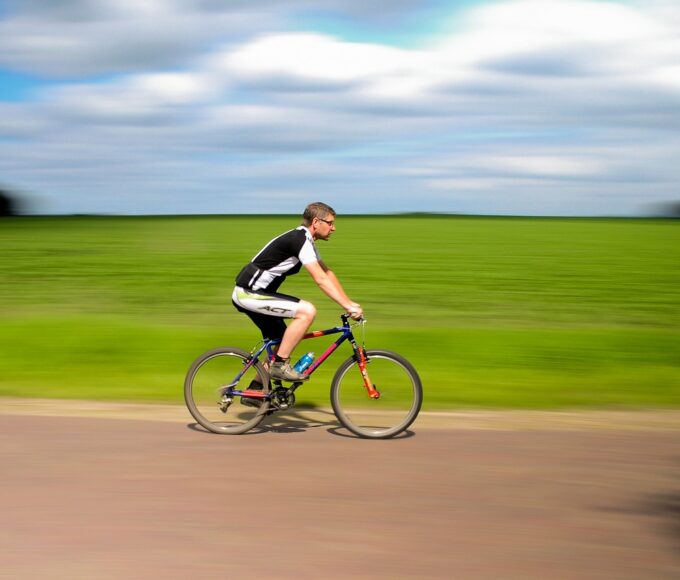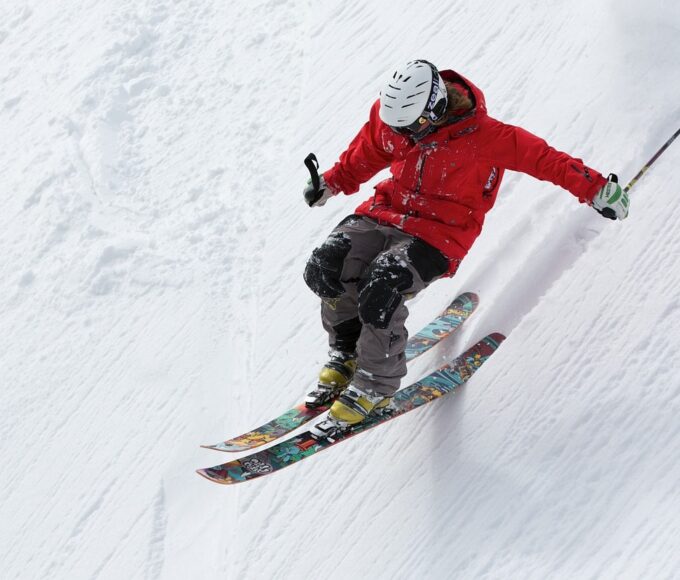Recent Posts
Skiing Vs Snowboarding: Differences
25th July 2023Best Tips For Fishing: Beginners and Intermediate Fishers
25th July 2023Cycling Safety Measures and Best Practices
16th July 2023Benefits Of Cycling For Physical and Mental Health
15th July 2023Hiking Vs Trekking: Differences and Similarities

Hiking and trekking are two outdoor activities that revolve around walking in natural surroundings. However, they diverge when it comes to the intensity, duration, and level of skill and preparation required. This article aims to compare hiking vs trekking. You will be able to understand their differences and similarities.
What is Hiking?
Hiking, a frequently enjoyed recreational activity, involves individuals walking on established trails or paths. It provides a more relaxed and leisurely experience compared to trekking. Hikers of varying fitness levels can choose from an array of trails that differ in length, difficulty, and terrain to suit their abilities. These well-marked and maintained trails ensure easy navigation for enthusiasts.
Hiking is usually a day-long adventure. Hikers set off in the morning and return by evening. It attracts individuals and families who want to connect with nature, engage in physical activity, and embrace the outdoors without needing extensive preparation or specialized equipment. Along hiking trails, one may encounter breathtaking vistas, cascading waterfalls, or other natural wonders that present ideal opportunities for photography and serene relaxation.
What is Trekking?
Trekking, in contrast, offers a more demanding and thrilling adventure that extends over extended periods and remote regions. Unlike hiking, trekking often occurs in untamed landscapes with undefined or nonexistent trails. Trekking routes can span multiple days or even weeks, necessitating the carrying of camping equipment, provisions, and other supplies by trekkers.
Trekking trails can involve steep ascents, rugged terrain, river crossings, and exposure to the elements. Trekking involves higher physical demands compared to hiking. Participants must possess a certain level of fitness and endurance. Additionally, trekking necessitates meticulous planning and preparation, including acquiring knowledge in navigation, map reading, first aid, and survival skills.
Hiking Vs Trekking: Key Differences
Intensity and Duration
Hiking is typically less physically demanding and of shorter duration compared to trekking. Hiking trips are usually completed within a day, while trekking can extend over multiple days or even weeks.
Terrain and Trails
Hiking trails are typically well-defined, marked, and maintained. In contrast, trekking trails may be less defined or even nonexistent. Trekking often entails traversing more demanding terrains such as mountains, forests, or deserts.
Equipment
When preparing for hiking and trekking, there are significant differences to consider. Hikers typically require only comfortable footwear, water, and appropriate clothing. In contrast, trekkers face more demanding requirements as they must thoroughly plan their journey and carry camping gear, food supplies, as well as specialized equipment like trekking poles, tents, and sleeping bags.
Level of Skill and Fitness
Hiking caters to individuals with diverse fitness levels, including beginners and families. Conversely, trekking demands a heightened level of physical endurance, hiking experience, and overall fitness. It is better suited for adventurers who embrace greater challenges and are willing to spend extended periods in remote locales.
Hiking Vs Trekking: Similarities
Hiking and trekking share similarities in walking through natural environments. Regardless of your choice between hiking vs trekking. Both activities offer opportunities to connect with nature, challenge yourself physically and mentally, and create unforgettable memories outdoors.
Recent Posts
Techniques and Best Practices for Anglers
21st November 2023Hiking Vs Trekking: Differences and Similarities
12th August 2023How to Lose Weight by Cycling
12th August 2023How to Choose Skis for Beginners
12th August 2023Related Articles
Techniques and Best Practices for Anglers
For fishing enthusiasts, the process of angling goes beyond a simple hobby....
By O. Johnson Taiwo21st November 2023How to Lose Weight by Cycling
Cycling is a fantastic exercise that is fun and can be enjoyed...
By O. Johnson Taiwo12th August 2023How to Choose Skis for Beginners
Choosing the right skis is essential for beginners embarking on their skiing...
By Fortunatus Adunola12th August 2023Types of Hiking Trails: Options to Explore
Hiking captures the hearts of people across ages and fitness levels as...
By Fortunatus Adunola25th July 2023












